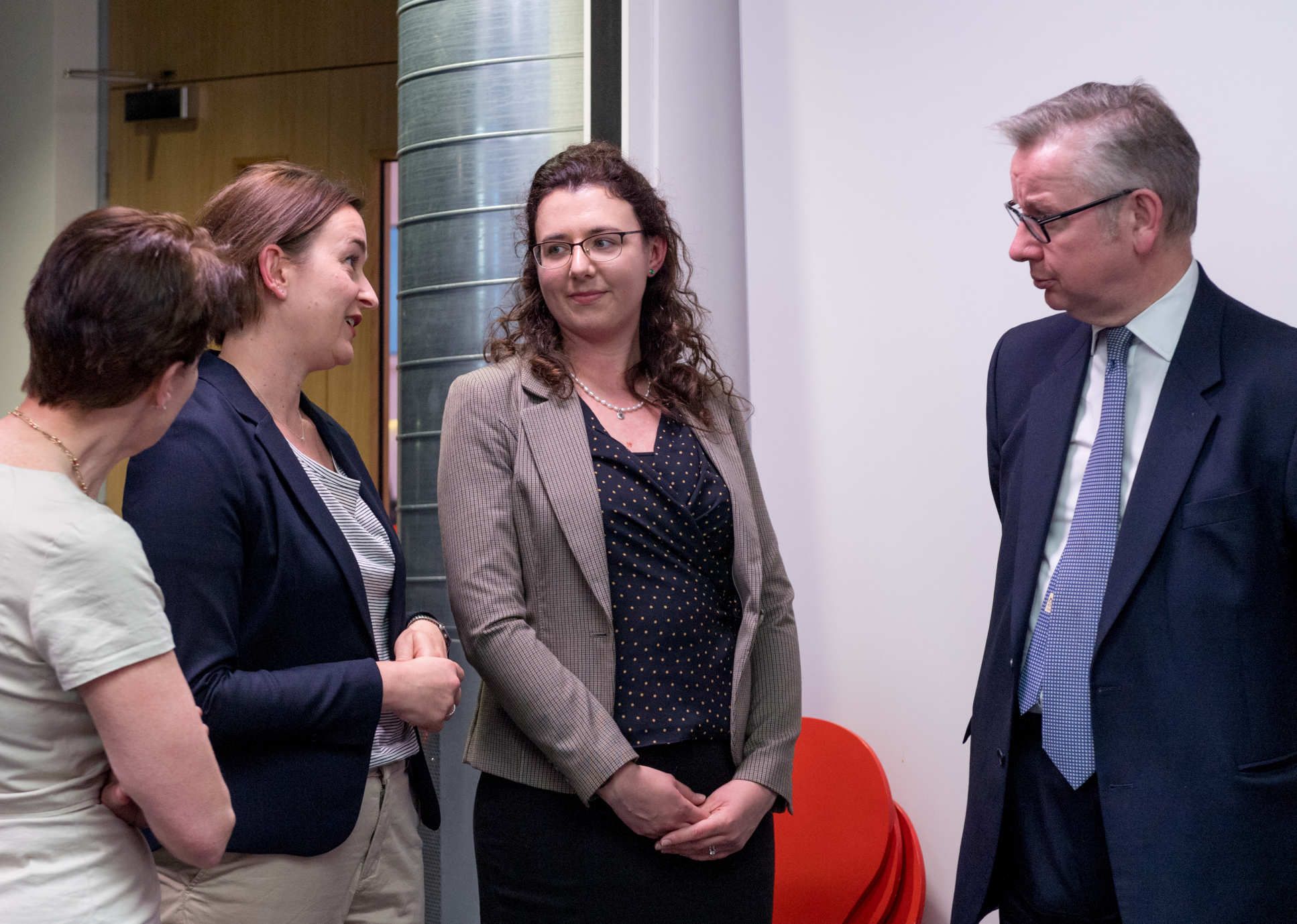Air pollution in England could cost as much as £5.3 billion by 2035
by Ryan O'Hare

A new tool developed by researchers at Imperial has calculated the health and social care costs of air pollution for the first time.
The research, funded by Public Health England (PHE) and carried out in collaboration with the UK Health Forum and Imperial College London, reveals the scale of the impact of pollution on public health and health care-related costs.
Last year alone, the costs of air pollution to the NHS and social care in England were estimated to be £157 million.
The latest findings, published today in a report from PHE, warn these costs could reach as much as £18.6 billion by 2035 unless action is taken.
The researchers explain these figures are based on costs related to GP visits, medical prescriptions, hospital treatment and social care due to long-term health conditions, and do not take into account economic impacts due to lost productivity.
Government push for cleaner air
The PHE report coincides with the launch of the government’s Clear Air Strategy today, which sets out its approach to reducing harmful emissions, and follows in the wake of recent warnings from the Chief Medical Officer, which called for the UK to do more to recognise the long-term health impacts of exposure to air pollution.
Health conditions associated with air pollution exposure will put further strain on the already overstretched health care system in the future if no immediate action is taken Dr Daniela Fecht School of Public Health and principal investigator at Imperial
According to PHE, there could be around 2.5 million new cases of coronary heart disease, stroke, lung cancer, childhood asthma, chronic obstructive pulmonary disease, diabetes, low birth weight, and dementia by 2035 if current air pollution levels persist.
The findings, which will be published in a peer-reviewed journal, highlight the potential health care costs due to exposure to fine particulate matter (PM2.5) and nitrogen dioxide (NO2). PM2.5 is made up of particles less than 2.5 microns in diameter, which are emitted during combustion of fuels, in particular vehicle engines, and from brake and tyre wear –and NO2 is a pollutant related to burning of fossil fuels, in particular diesel. Both pollutants have been targeted under a government strategy.
As part of the project a team from the MRC-PHE Centre for Environment and Health, based at Imperial, and researchers from Imperial College Business School developed a statistical tool to calculate health and social care costs.
Using computer models to simulate the long-term health impacts of chronic disease and effects of air pollution, they demonstrate that relatively small reductions in the population’s exposure to PM2.5 and NO2 could lead to a significant reduction in costs.
Modelling was carried out at the national level and for two local authorities, the London Borough of Lambeth and South Lakeland in Cumbria, which represent areas with respectively high and low levels of PM2.5 and NO2.
Small change, big effect
According to the researchers’ simulations, a 1µg/m3 reduction in PM2.5 over a year in Lambeth, relative to the 2015 baseline, could potentially avoid 153 new cases of disease per 100,000 people and save £720,000 per 100,000 people in NHS and social care costs.
A 1µg/m3 reduction in NO2 over a year in the same area, could potentially avoid 28 new cases of disease per 100,000 people and save £15,000 per 100,000 people in NHS and social care costs.
The hope is that all local authorities will be able to use the tool to estimate the impact on health and the savings to the NHS and social care under different air pollution scenarios.

Dr Daniela Fecht, from the School of Public Health and principal investigator at Imperial, said: “These findings highlight the severity of the threat air pollution poses to public health and our health care system.
“We have known for decades that exposure to high levels of pollutants in the air can damage the respiratory system, but increasingly the evidence is showing the long-term risks to our cardiovascular health from chronic exposure to small particles in the air, even at low levels previously thought to be safe.
“Health conditions associated with air pollution exposure will put further strain on the already overstretched health care system in the future if no immediate action is taken.”
Informing policy
Professor Franco Sassi, Director of the Centre for Health Economics and Policy Innovation at Imperial College Business School, said: “Current levels of air pollution are causing one in ten cases of chronic diseases such as asthma, chronic bronchitis, heart disease and stroke, among others.

The toll this will continue to take on the NHS, especially on hospital care, if we do not take action to reduce pollution, is stunning.
“Our study will help health and environment policy makers to understand what resources could be freed by reducing air pollution and will guide them in identifying effective actions to address the problem”.
Professor Paul Cosford, Medical Director and Director of Health Protection at Public Health England, said: Air pollution is a growing threat to the public’s health, evidence shows it has a strong causal association with coronary heart disease, stroke, lung cancer and childhood asthma.
“Public Health England has created a new air pollution tool so, for the first time, local authorities can calculate the cost of air pollution, providing impetus to act to improve air quality.”
-
The statistical tool can be accessed via the gov.uk website.
Article supporters
Article text (excluding photos or graphics) © Imperial College London.
Photos and graphics subject to third party copyright used with permission or © Imperial College London.
Reporter
Ryan O'Hare
Communications Division